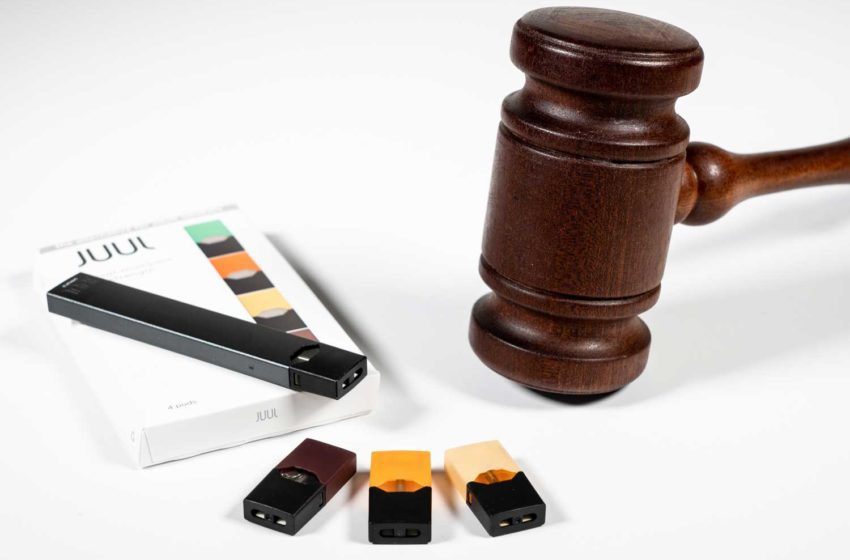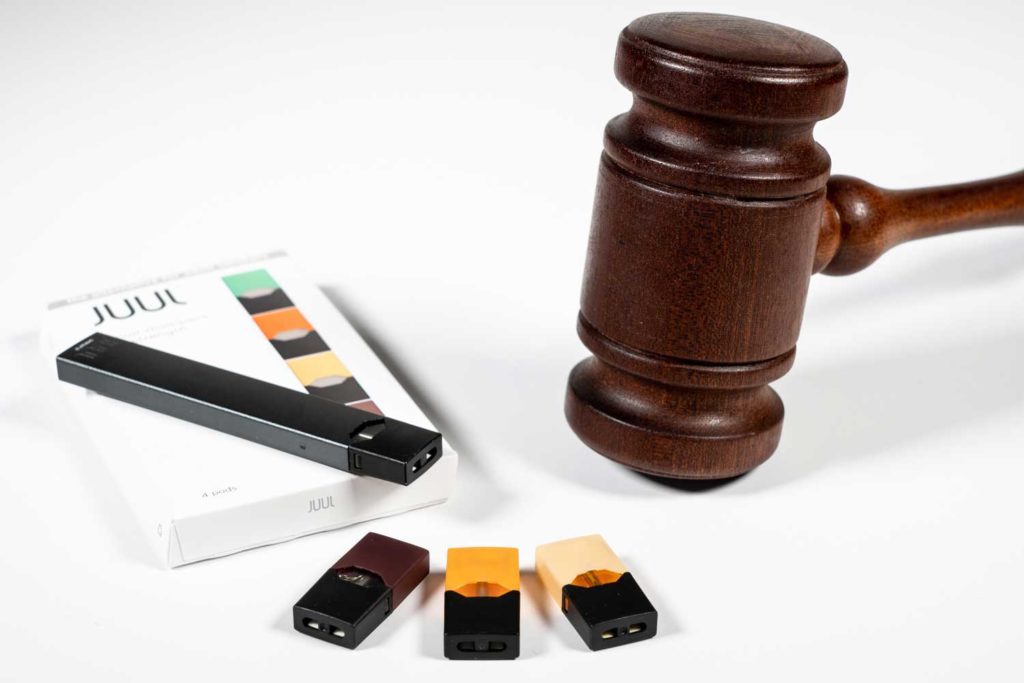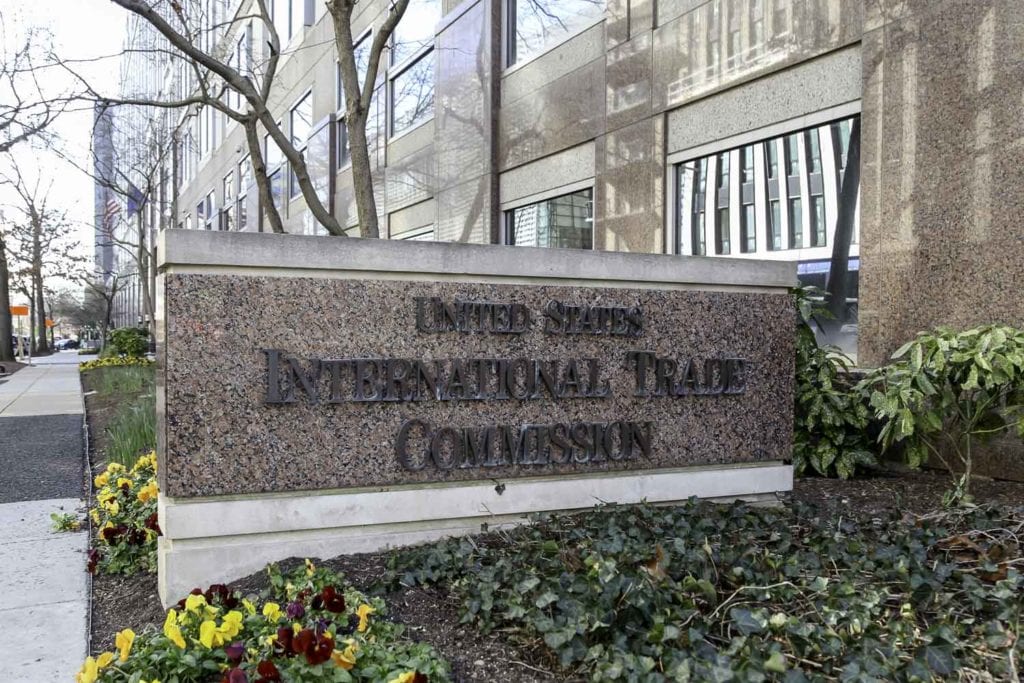
The U.S. International Trade Commission (ITC) has issued a general exclusion order barring the importation of any unauthorized cartridges compatible with the Juul System that infringe Juul Labs patented product designs, including compatible flavored pods and refillable pods.
This ruling follows a filing by Juul Labs submitted to the ITC on July 10, 2020, that sought a general exclusion order directed at all importers of unauthorized cartridges that copy Juul Labs’ patented pod designs without authorization.
“Today’s ITC ruling represents a major victory against manufacturers of illicit vapor products who seek to bypass regulations and undermine efforts to create a more responsible marketplace for the category,” said Wayne Sobon, vice president, intellectual property at Juul Labs, in a statement.
“In addition to targeting the importation of all infringing products, regardless of the brand, this sweeping action will provide the additional public benefit of helping rid the market of unauthorized Juul-compatible products that can be modified by the user, such as empty and refillable pods.”

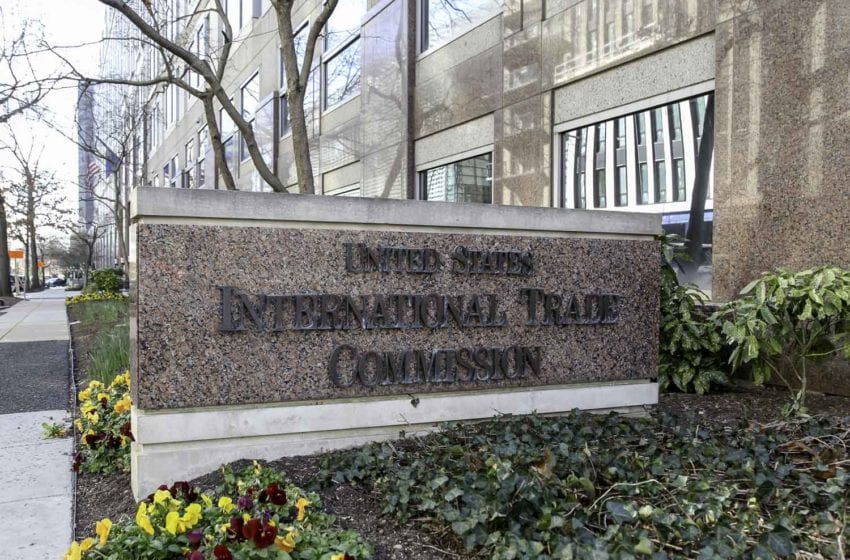


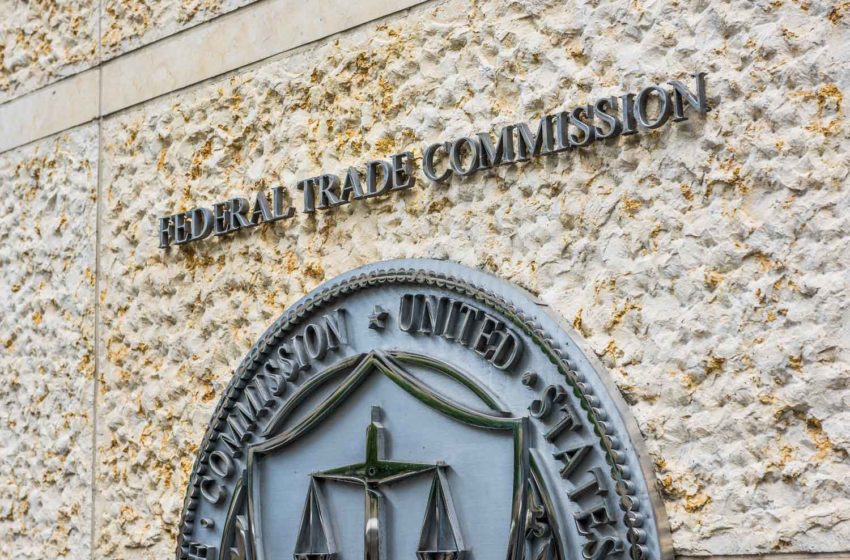
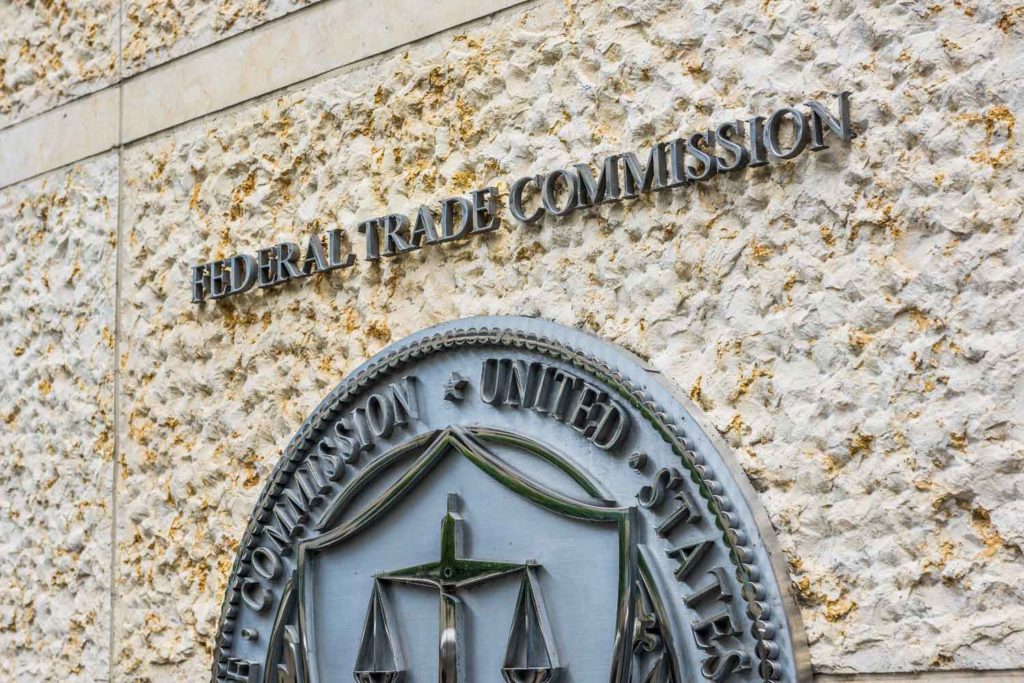
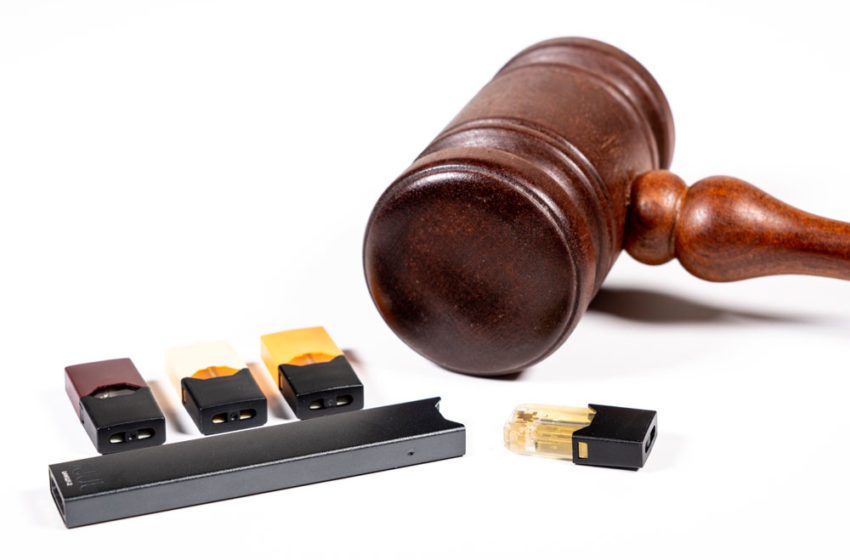
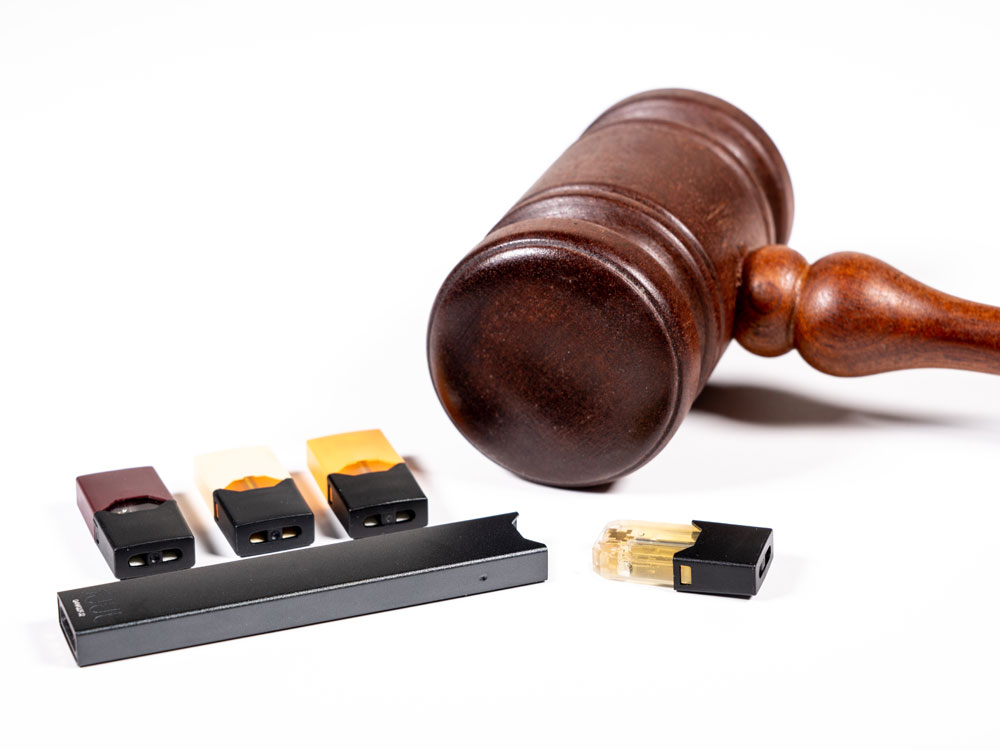



 Altria Group Distribution Co. and Juul Labs have announced their support of TruAge, a new digital solution that enhances current age-verification systems and protects user privacy.
Altria Group Distribution Co. and Juul Labs have announced their support of TruAge, a new digital solution that enhances current age-verification systems and protects user privacy.

